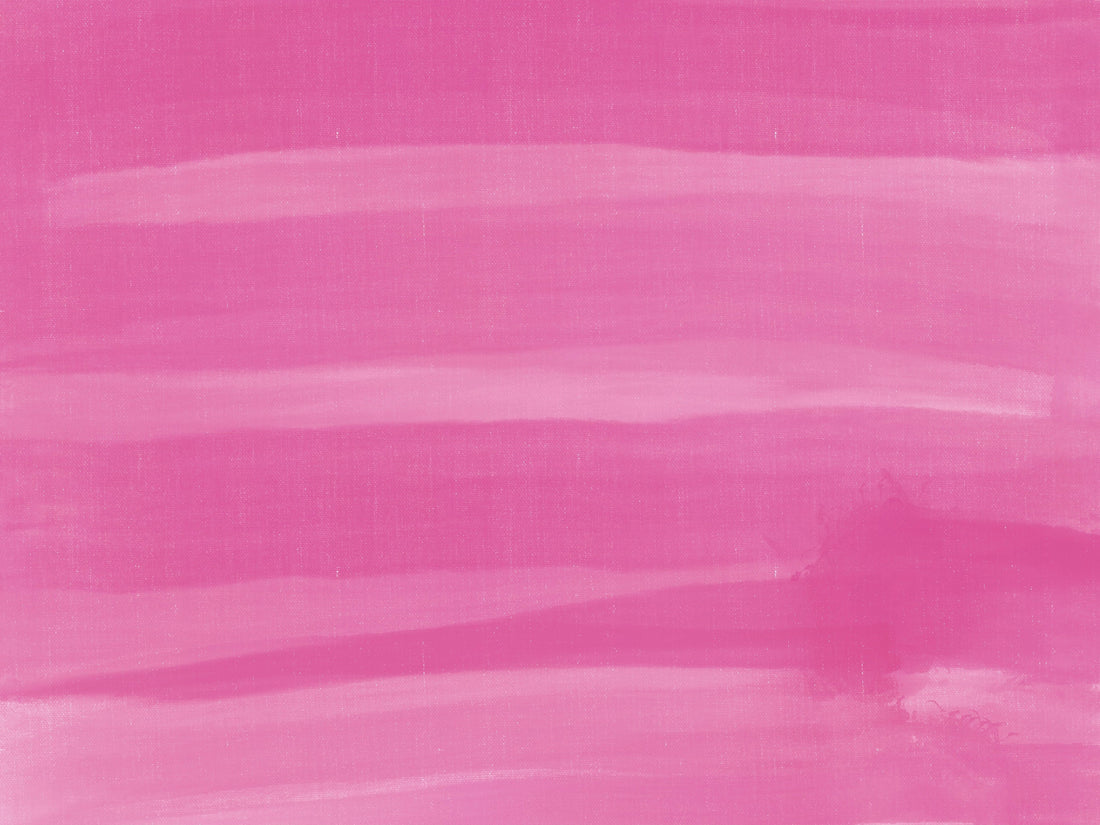
Coffee and caffeine
Drinking coffee is a daily pleasure for many. But behind this habit lies a molecule that has generated a lot of discussion: caffeine . Stimulating, beneficial in small doses, sometimes problematic in large doses... What is the "right" amount of coffee to consume? Here's a clear and reassuring overview on the subject.
What exactly is caffeine?
Caffeine is an alkaloid naturally present in coffee beans, but also in tea, cocoa, energy drinks, and some medications. It acts as a central nervous system stimulant: it reduces the feeling of fatigue, improves concentration, and provides a little boost... at least temporarily.
How much caffeine is in a cup?
Caffeine content varies depending on several factors: the variety of the bean (Arabica or Robusta), the extraction method, the dose used, and even the brewing time.
Here are some average benchmarks:
| Type of drink | Average caffeine per cup (approx. 150 ml) |
|---|---|
| Espresso (30 ml) | 60 to 90 mg |
| Filter coffee | 80 to 140 mg |
| Instant coffee | 50 to 80 mg |
| Decaffeinated | 2 to 5 mg |
| Robusta (equal dosage) | Up to 2 times more than Arabica |
Filter coffee often contains more caffeine than espresso , because more water is used, even if the concentration is lower.
What is the recommended daily dose?
According to health authorities such as the EFSA (European Food Safety Authority), moderate caffeine consumption is safe for the majority of adults .
- Recommended dose for a healthy adult : up to 400 mg per day, or about 4 to 5 cups of filter coffee.
- Pregnant or breastfeeding women : maximum 200 mg per day.
- Adolescents : Caution, not more than 3 mg/kg body weight.
These values are averages. Some people are more sensitive to caffeine than others (anxiety-inducing effects, sleep disturbances, palpitations, etc.).
What are the signs of too much caffeine?
- Nervousness, irritability
- Difficulty falling asleep
- Rapid heartbeat
- Headaches
- Nausea, tremors
If you experience any of these effects, temporarily reduce your consumption or switch to less caffeinated coffees (light Arabicas or quality decaffeinated).
Decaffeinated: a credible alternative?
Decaffeinated coffee is often underestimated, even though modern processes (particularly water or CO₂) allow it to retain a beautiful aromatic richness. It can be an excellent solution for coffee lovers looking to limit their caffeine intake without sacrificing the pleasure of taste.
Conclusion
Caffeine is part of coffee's charm, but as with everything, the key is balance. As long as you listen to your body and stick to a reasonable amount, you can enjoy your cups with peace of mind. And if you're sensitive, there are now plenty of options to keep you enjoying coffee... without the side effects.
Speaking of caffeine, do you know how to measure your coffee correctly ?


